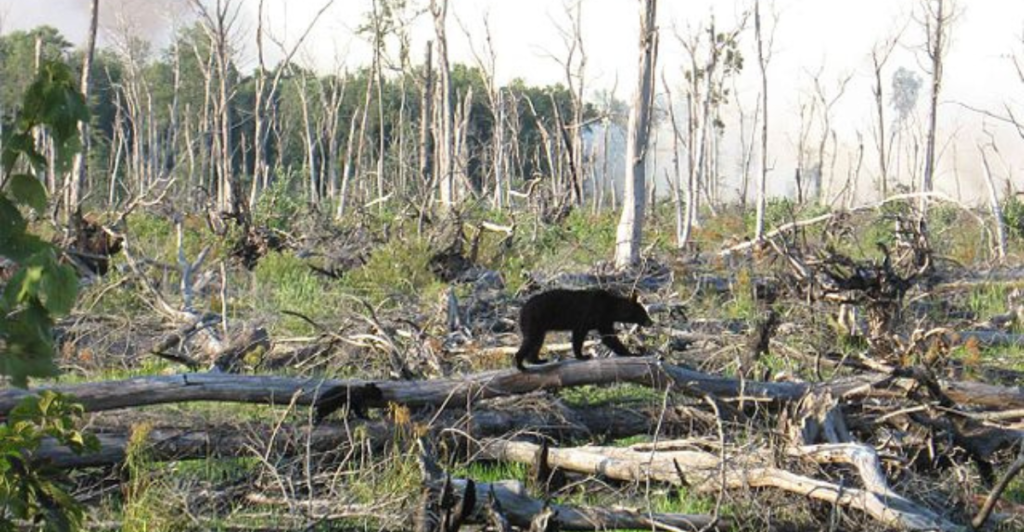
As climate change intensifies, wildfires are becoming more frequent and severe, putting both human lives and animals—companion and wild—at risk. By being prepared and proactive, we can safeguard our beloved pets and wildlife during these emergencies. Here’s how you can help animals stay safe during wildfire season.
1. Create an Evacuation Plan for Pets
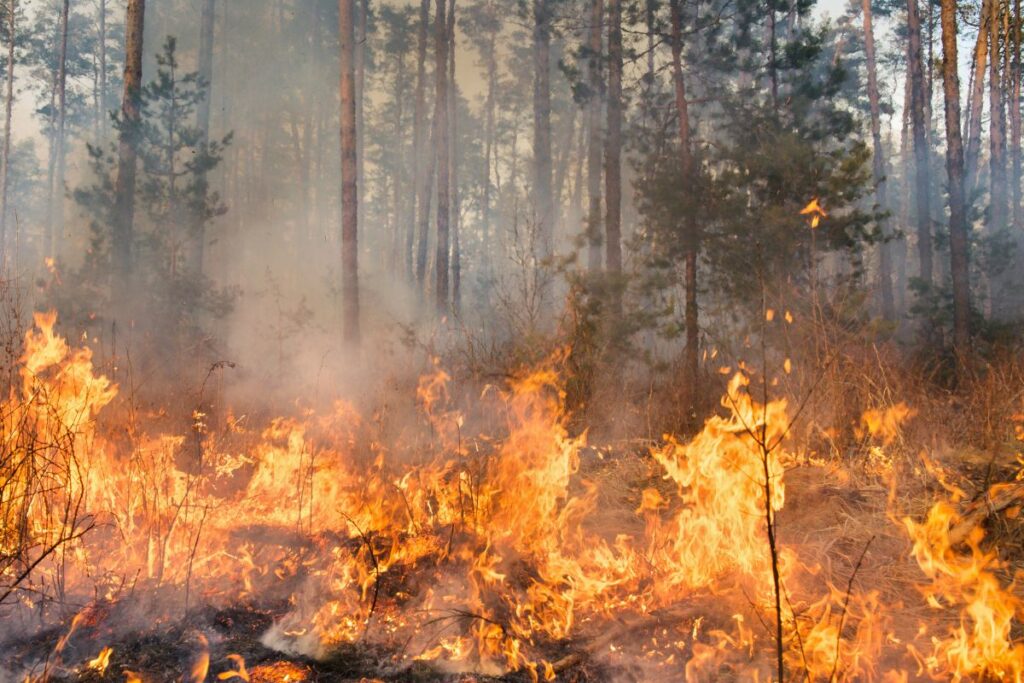
Just as you would prepare your home and family for evacuation, your pets need a clear plan. Identify shelters, hotels, or friends who can accommodate them. Keeping pet supplies and documents ready ensures a smooth evacuation when time is critical.
2. Prepare Your Home for Wildlife
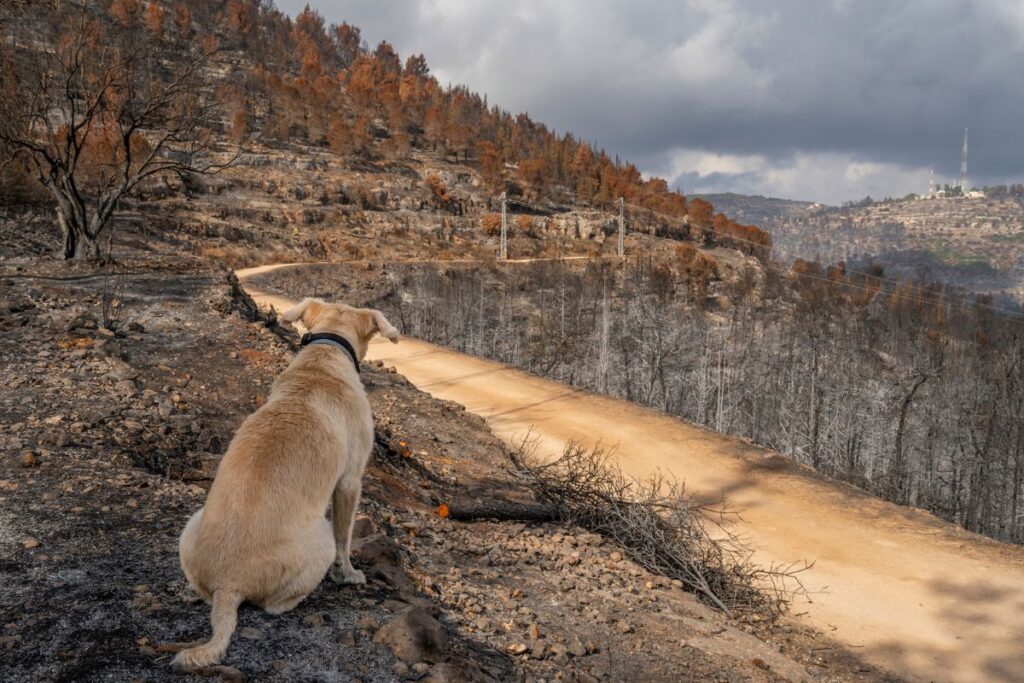
You can’t evacuate wild animals, but you can minimize risks. Remove brush, leaves, and debris that can serve as fuel for fires or hiding spots for animals. This simple step can reduce danger for wildlife and your property.
3. Provide Water for Displaced Wildlife
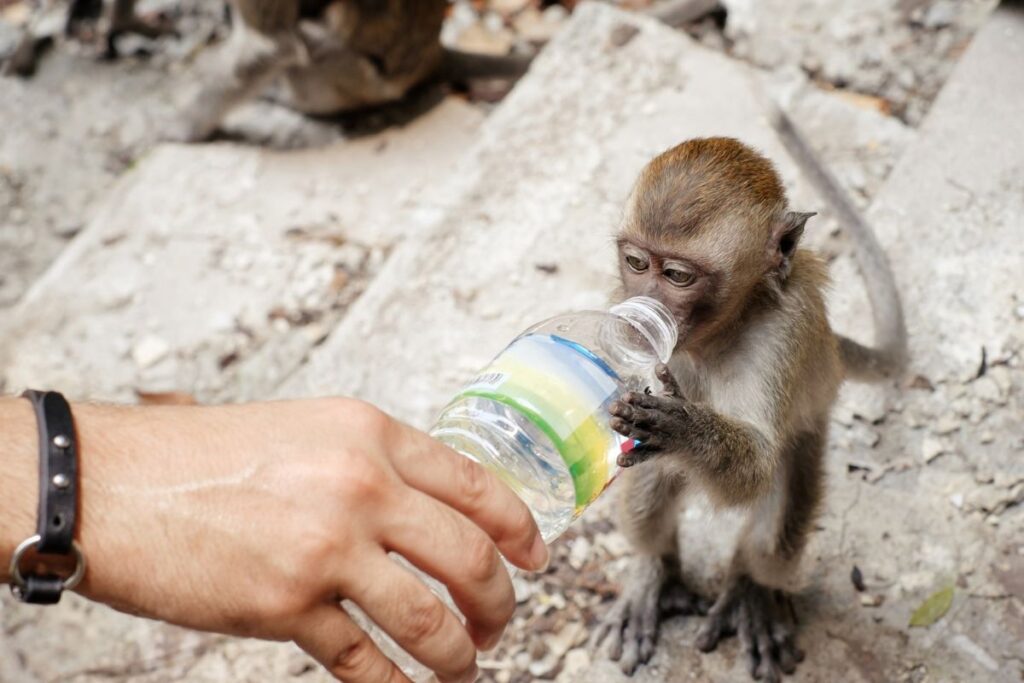
During wildfires, animals suffer from heat and smoke. Placing shallow water dishes around your yard can offer vital relief. Keep these dishes at a safe distance from your home to avoid attracting wildlife too close.
4. Post-Fire Support for Animals
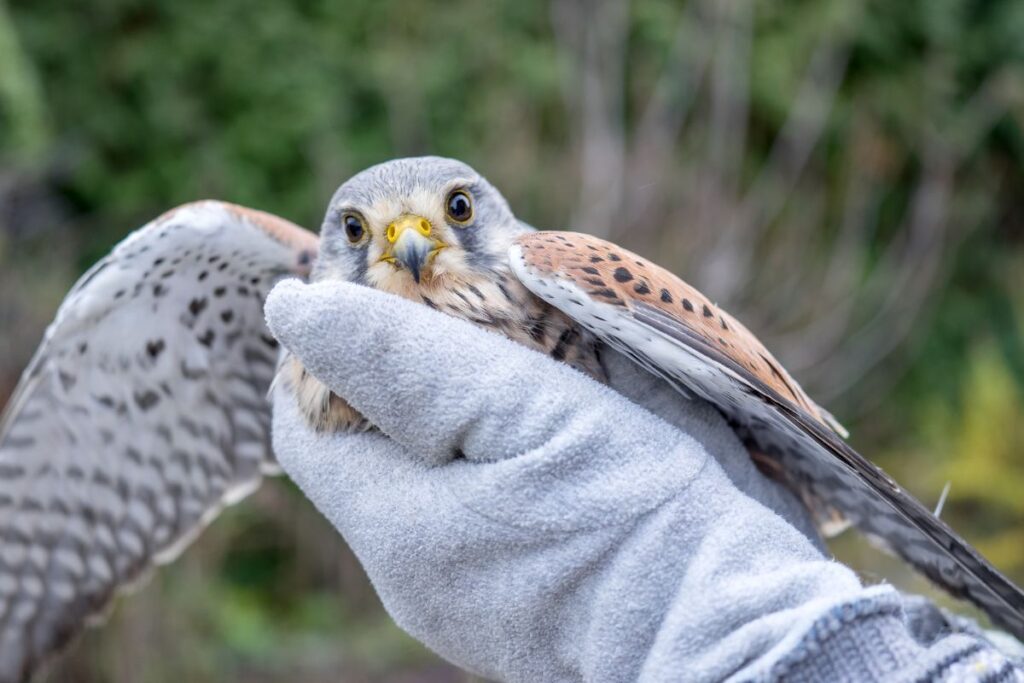
The aftermath of a wildfire can disorient animals and separate pets from their families. Drive cautiously, watching for displaced animals. If you find an injured wild animal, contact a licensed wildlife rehabilitator immediately and keep the animal in a quiet, dark space.
5. Advocate for Animal Safety in Community Plans
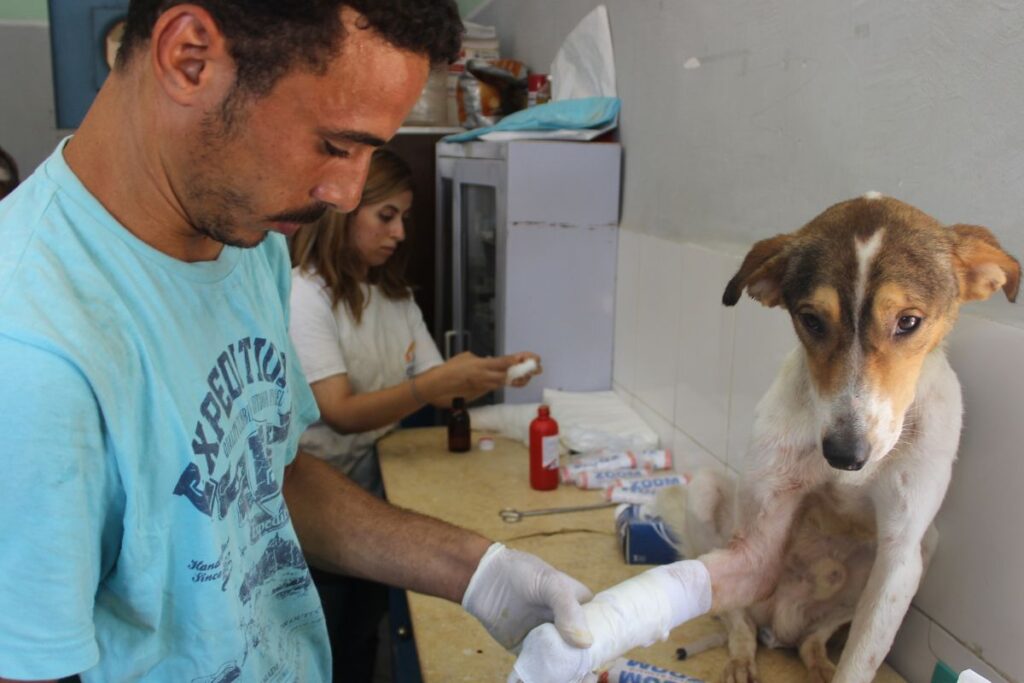
Ensure animals are included in your community’s disaster preparedness strategy. Advocate for pet-friendly evacuation centers and promote wildlife habitat considerations in local wildfire prevention efforts. Your voice can make a significant difference.
6. Providing Immediate Help During Heatwaves
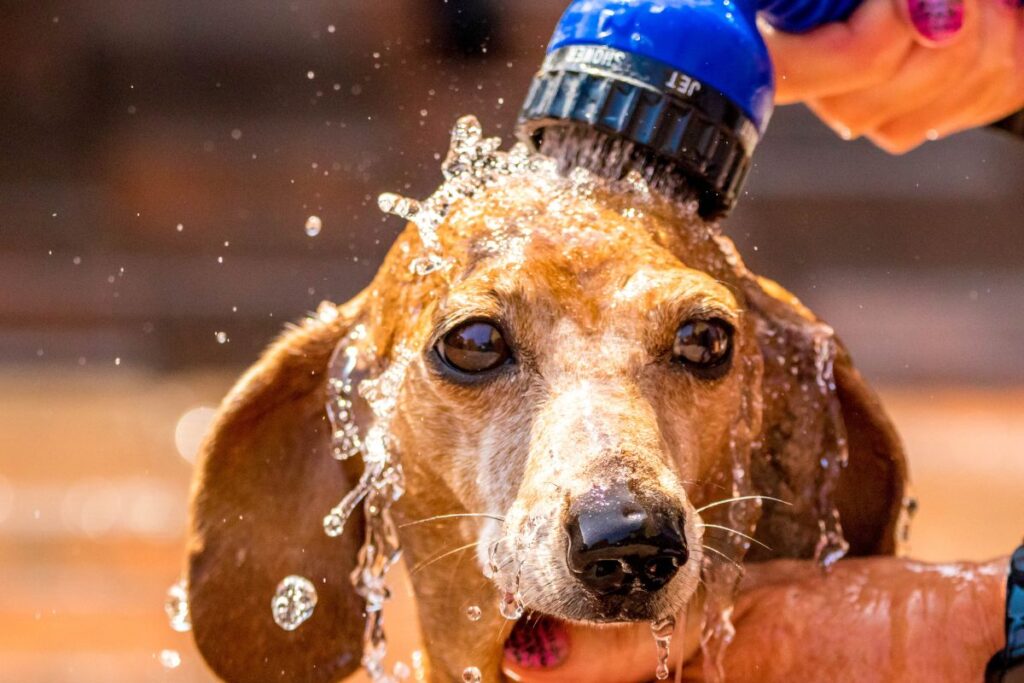
Wild animals struggle to escape extreme heat. Offer bird baths or shallow water dishes, ensuring they have stones or sticks to prevent small creatures from drowning. Regularly change the water to keep it fresh and cool.
7. Maintain Safe and Natural Habitats
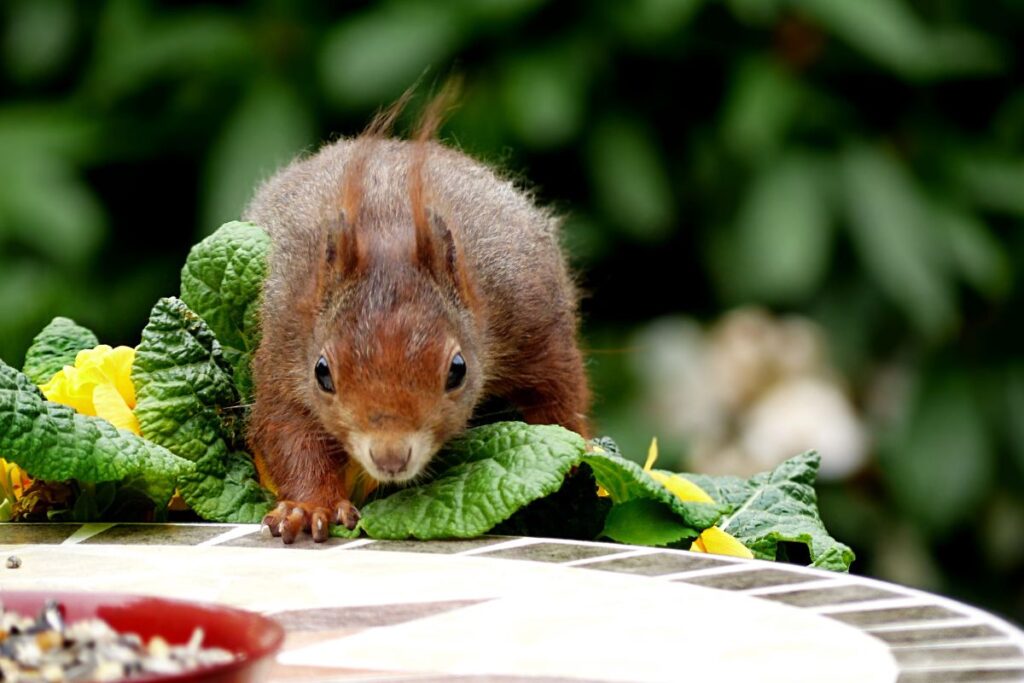
Well-watered gardens provide refuge for wildlife. Install large bushes for shade and mulch garden beds to retain moisture. Elevated porches or empty outdoor spaces can also serve as cool shelters for animals like stray cats.
8. Avoid Harmful Chemicals
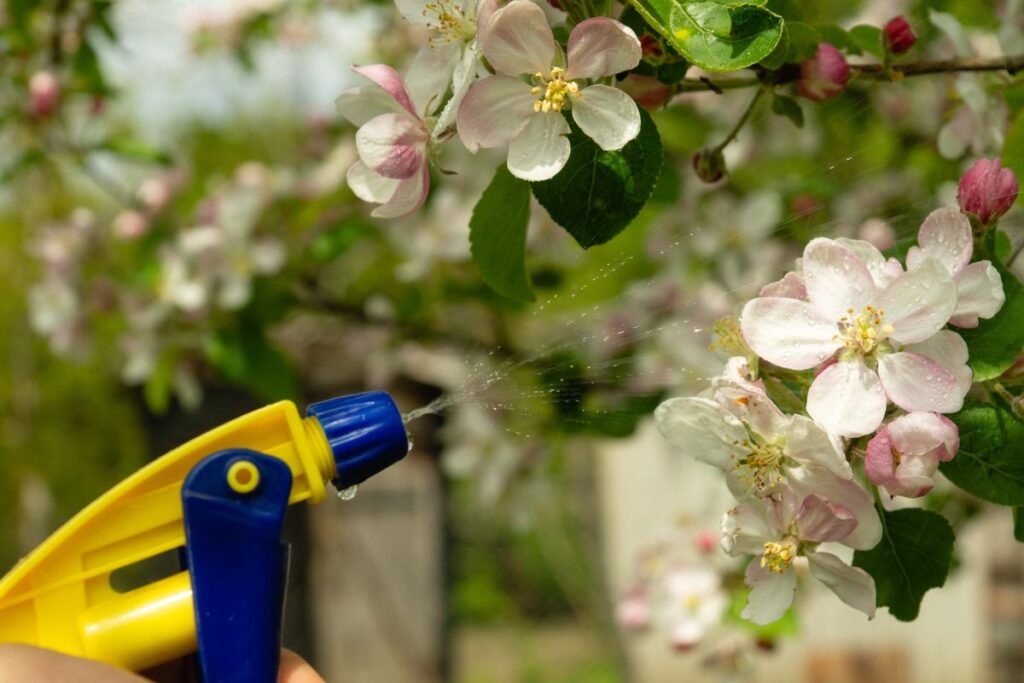
Pesticides and herbicides can be especially dangerous during heatwaves, harming already vulnerable wildlife. Avoid using chemicals in your yard to protect animals and keep your grass healthy.
9. Helping Animals in Distress

If you encounter an animal in distress, act quickly. Provide water and shade, handle them minimally, and keep the environment calm. Contact local wildlife rehabilitators or humane societies for expert assistance. Avoid feeding the animals, as they may need specific diets.
10. Connect with Local Resources
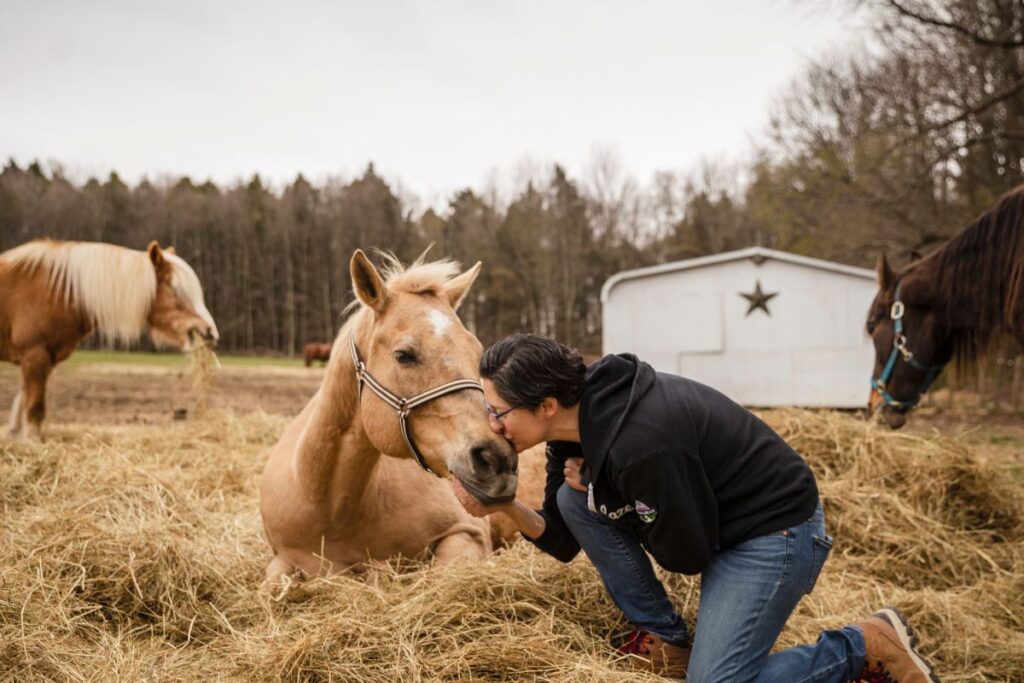
Find local wildlife rehabilitators through your Department of Environmental Conservation or organizations like the National Wildlife Rehabilitators Association. They offer essential support and training for those looking to help animals during disasters.
Stay connected with us for more stories like this! Follow us to get the latest updates or hit the Follow button at the top of this article, and let us know what you think by leaving your feedback below. We’d love to hear from you!







